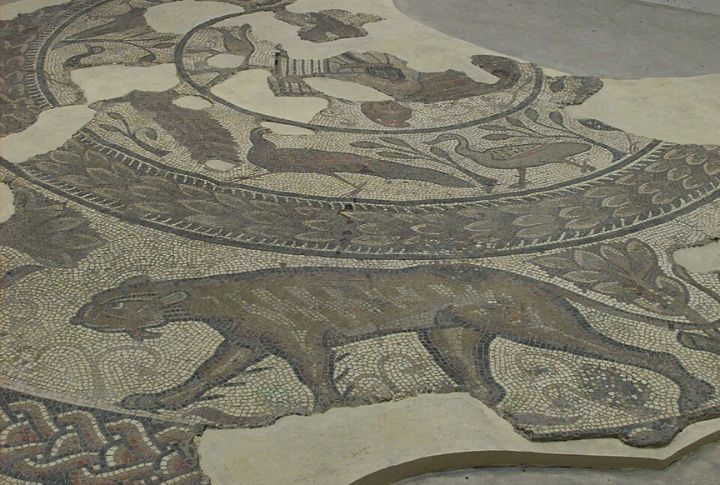
History has a habit of brushing some stories under the rug. These forgotten tribes shaped Britain’s past in ways few remember today. Explore their hidden legacies and rethink what you know about ancient Britain’s mysterious peoples.
Setantii: Lost Along The Lancashire Coast
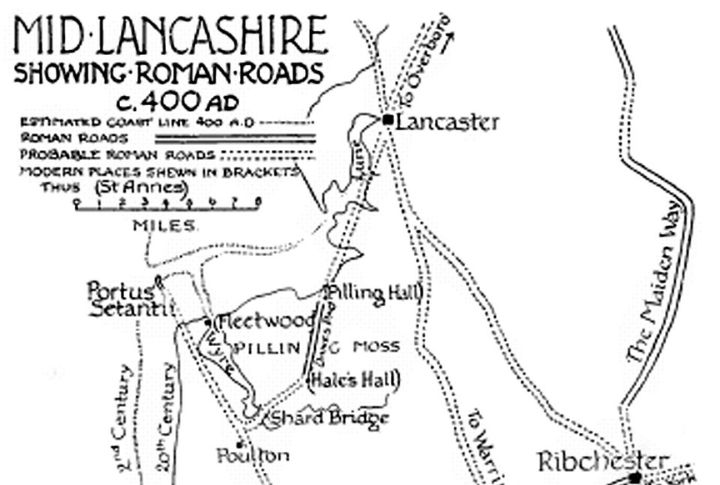
Only a single mention in Ptolemy’s “Geography” tells us that Setantii existed. Most agree they lived near the Mersey or Ribble estuaries, probably in marshy, tidal lands now buried under modern cities. Their name may also link to Setantia, an early name for the River Wyre.
Selgovae: Guardians Of The Border Hills

The Selgovae lived in southern Scotland around Dumfries, where they built impressive hillforts like Burnswark Hill. Excavations show signs of Roman siege weaponry, hinting at fierce resistance. Unlike neighboring tribes, they didn’t form a post-Roman kingdom, and no written legacy followed their disappearance.
Deceangli: The Quiet Tribe Of North Wales
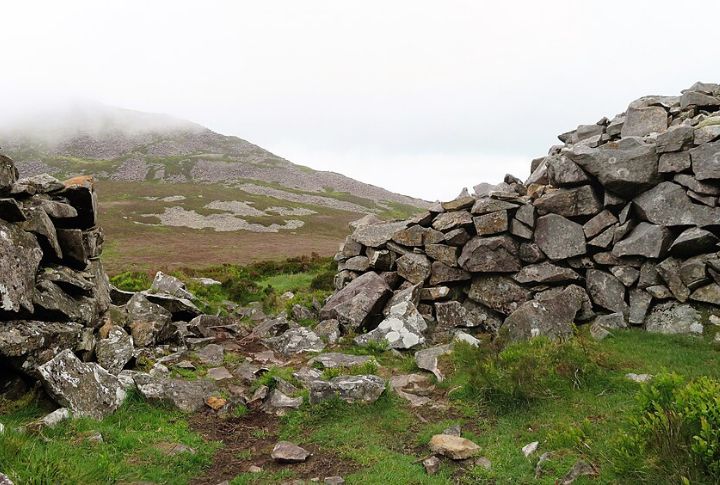
Their low profile may explain why history brushed past them. Long before the Romans mined copper at Parys Mountain, the Deceangli quietly lived in what’s now Flintshire and Denbighshire. They left no cities, no coins, and little evidence of central leadership.
Carvetii: The Tribe Rome Forgot
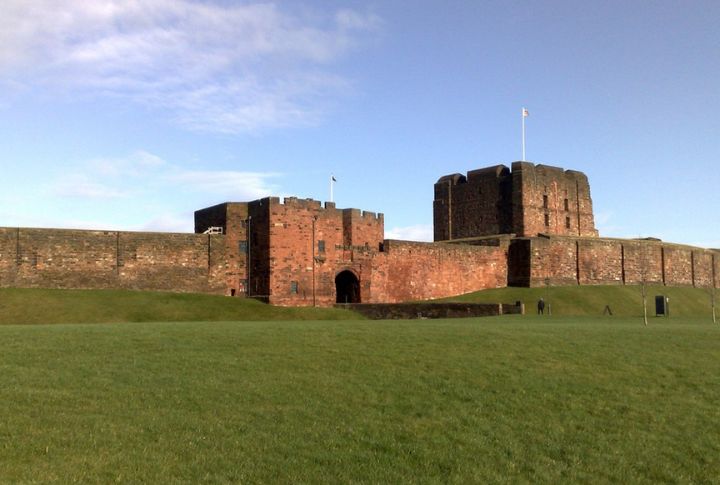
The Carvetii made their home in what’s now Cumbria, with Luguvalium—modern Carlisle—likely serving as their capital. Around 72 AD, Roman legions constructed a fort there, probably to keep the tribe in check. Though some link them to the Brigantes, their coinage tells a different story.
Dobunni: Peaceful People Of The Avon Valley
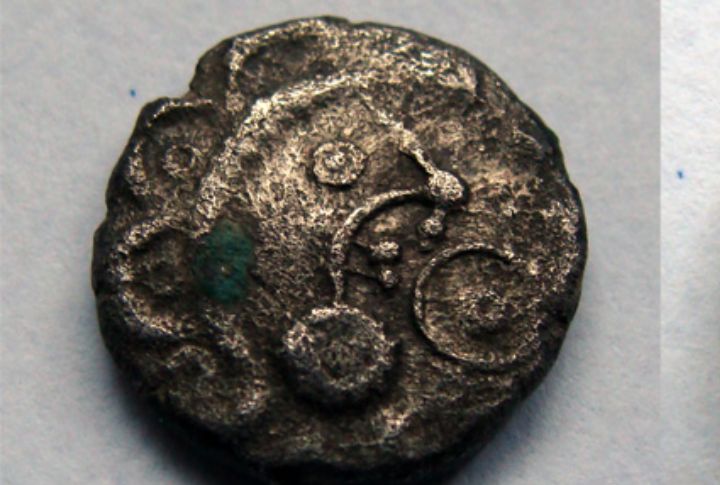
The Dobunni lived across the Severn and Avon valleys, covering parts of modern Gloucestershire and Somerset. They struck silver and bronze coins featuring distinctive abstract designs. Unlike more hostile tribes, they welcomed Roman rule early on, and their name vanished after the Roman Empire collapsed.
Corieltauvi: Traders Of The East Midlands
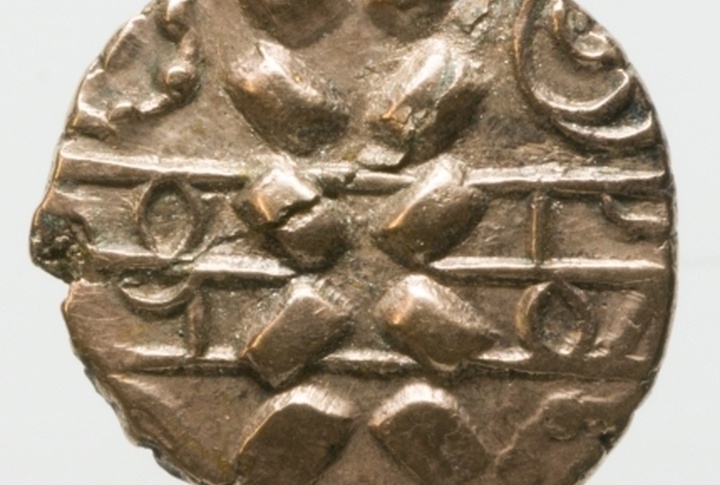
This tribe controlled a large swath of the East Midlands, which included modern Leicester. They minted coins bearing the names of rulers like Volisios, suggesting organized leadership. When the Romans arrived, the Corieltauvi didn’t resist much, which may be why their story slipped through the cracks of conquest.
Ancalites: Caesar’s Brief Encounter
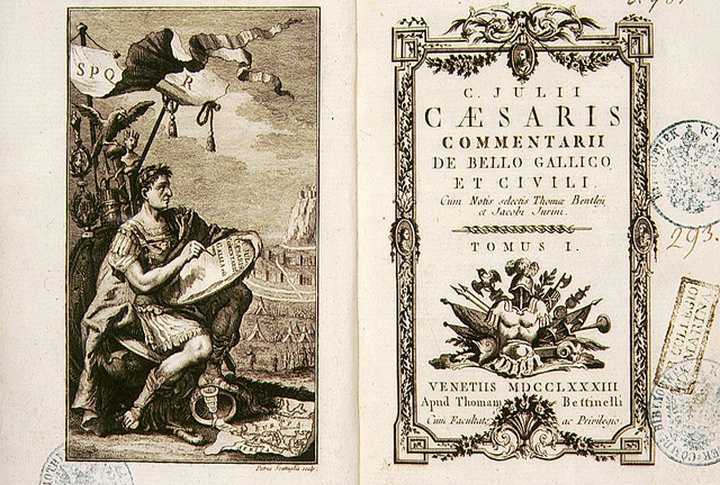
Julius Caesar mentioned the Ancalites in his “Commentarii de Bello Gallico,” but he didn’t say where they lived. They were one of five tribes who offered to betray Cassivellaunus to Caesar, yet they vanished from all later records entirely. Most theories now place them near the Thames Valley.
Carnonacae: Barely More Than A Name
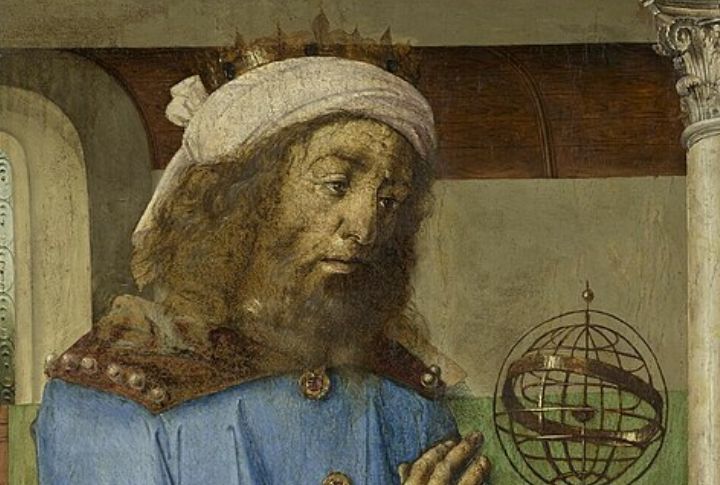
They remain one of Britain’s most elusive tribes—known only from a single Greek manuscript. Ptolemy listed the Carnonacae as living in the northwest of Scotland, and historians believe they occupied the south of Sutherland, in Ross-shire. However, no settlements or artifacts have been tied to them yet.
Epidii: Seafarers Of The Inner Hebrides
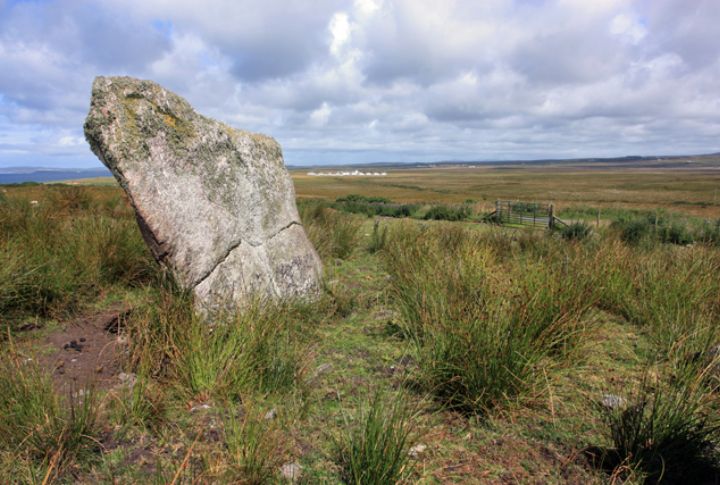
Their name may come from a Celtic root meaning “horse,” though that’s still debated. The Epidii lived along Scotland’s western coastline, possibly centered on Islay. They may have later merged with Dal Riata, but no one knows what happened beyond Ptolemy’s brief note.
Taexali: The People Of The Northeast Coast
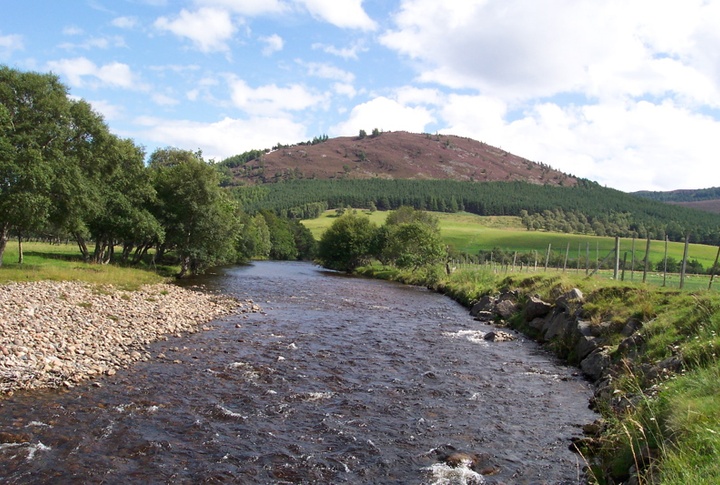
The Taexali lived in what’s now Aberdeenshire, close to the North Sea. Roman sources barely mention them, though Ptolemy placed them near the River Dee. Archaeological digs have uncovered a few roundhouses and hillforts, but nothing that clearly defines them. Their identity faded without leaving a firm trace.

